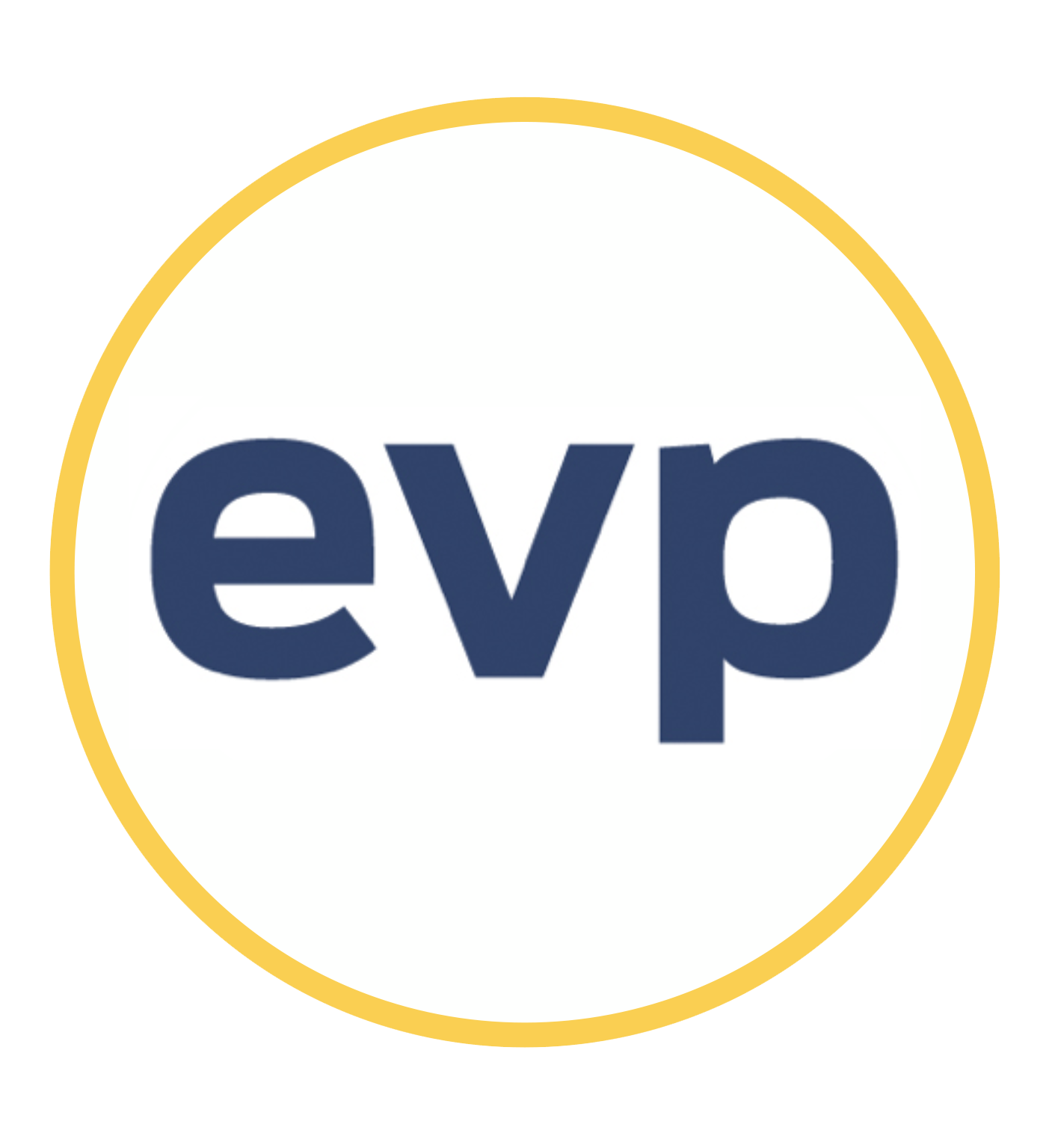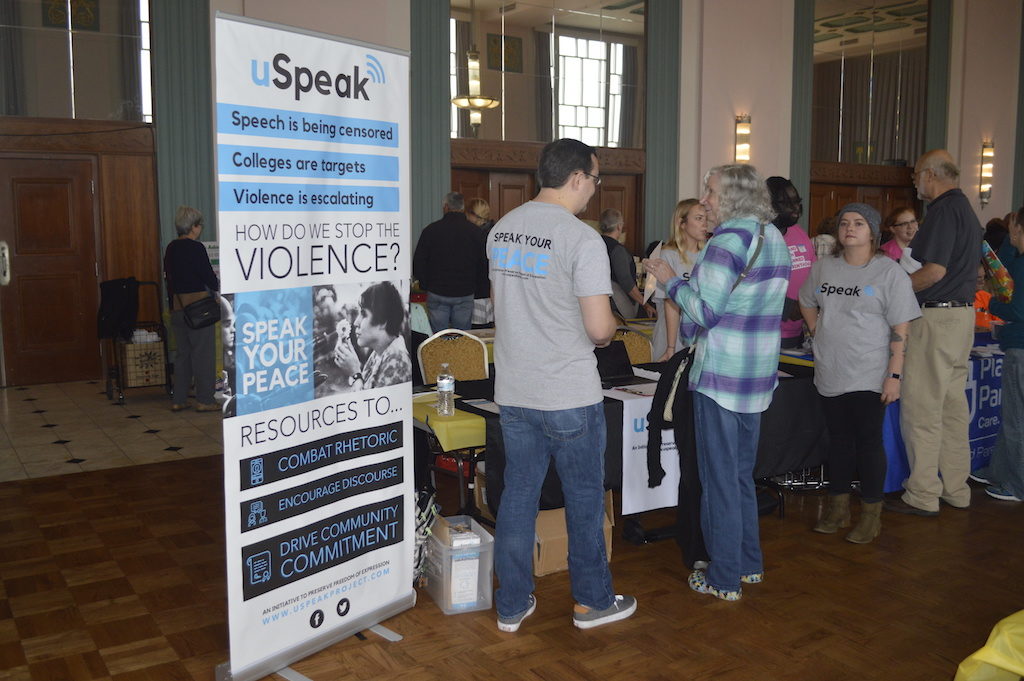U.S. winners named for Peer to Peer: Challenging Extremism fall 2017
Eleven U.S. schools participated in the fall 2017 Peer to Peer: Challenging Extremism program, and on December 15, judges announced the winners:
First Place: University of Central Oklahoma — USpeak Project
Second Place: University of Rhode Island — Paint the World
Third Place: University of Massachusetts Lowell — Civic Minded Community
All of the participating schools this term were EdVenture Partners (EVP) program veterans, including all three winning schools that have placed in programs the last two to three terms.
“As we have come to expect from these teams, the competition was especially tough this round,” said Lawrence, EVP Senior Account Manager.
Each of the three winning teams will receive a monetary award for their outstanding work.
University of Central Oklahoma
The University of Central Oklahoma’s winning team campaign is a great example of what can happen when a former team reinvigorates a campaign to “scale up,” according to their EVP program coordinator Isabelle.
A second place finisher in fall 2016, the team’s uDefy educational toolkit concept evolved to more specifically address the violent outbursts that have seen an uptick in recent months on U.S. college campuses. Their uDefy concept became uSpeak, as the team developed a campus-based initiative to educate about the freedom of speech and expression.
“Research shows that extremist recruitment online is enabled by environments in which free speech is limited due to intolerance for differing opinions, and college campuses are becoming hotbeds for this recruitment,” said the uSpeak team. Thus, their educational components focused on facilitating civil discussions, signing pledges and other learning experiences such as their Speak Your Peace Forum and partnerships with campus and local organizations to help decrease violent escalations and increase tolerance.
“It’s interesting that the team focuses on the preventative route — what is the core reason that extremist comments and actions occur? It’s because of lack of education, according to the team,” said Isabelle. “That’s why their educational toolkits are an effective idea to prevent extremist acts from happening in the first place.”
University of Rhode Island
The University of Rhode Island’s Paint the World team fully embraced the concept of a student-run marketing agency, according to their EVP program coordinator, Eric.
“Instead of just ‘delivering’ content to Facebook and other social media platforms, they used these outlets in a very strategic and participatory way, yielding high engagement both on and offline,” said Eric.
“Silence could be interpreted as perceived acceptance of hate speech,” according to the team. So their challenge to the URI campus was to “Raise your hand. Pledge to pause,” motivating their “silent majority” target to not engage in hate speech online, speak out against it, and encourage others to do the same.
At their kickoff event, 700 students painted their hands, were photographed raising their hands using the hashtag #PledgeToPause, then stamped their handprints on a large poster to memorialize their commitment. This photo challenge continued on Instagram, on Snapchat with custom filters, and with Facebook ad targeting to further hone their target market. Offline, the team leveraged these and other tactics by partnering with URI events such as the Nearly Naked Mile (road race and clothing drive on their campus) and a basketball game.
“By incorporating their campaign at events that had already been planned by the university, that saved the team a lot of time,” said Eric, “and allowed them to focus on their strategy even more.”
University of Massachusetts Lowell
P2P teams are challenged to develop a social or digital initiative, product or tool that pushes back on online hate and extremism, and University of Massachusetts Lowell developed an online platform, a tool, for those who want to make a change in their society but do not know where to start.
They called their campaign CMC for Civic Minded Community, and their original website and social media accounts delivered daily, monthly and yearly tasks for users to complete — “Building a stronger community one task at a time.”
How does this tie into pushing back against extremism? This team was unique in that they conducted research during a study-abroad program in Portugal this summer to determine why the country had “nearly no forms of violent extremism despite being surrounded by countries that do.” Their qualitative and quantitative research findings showed that Portugal’s “strong community relations were key to their resilience.” In the team’s attempt to bring that same community relation to their home, in Boston, subsequent surveys further revealed that Bostonians wanted to participate in a countering violent extremism (CVE) campaign, “but did not have the time or outlet to do so.”
The CMC website and social media accounts provided just that outlet for community-building by delivering daily, monthly and yearly tasks for CMC users to complete. Examples of these tasks range from reporting an accident to volunteering at a local food drive. Users could then post their actions to the CMC map, creating a visual representation of where the positive change was happening in their respective communities, eventually on a global scale.
“This hyper-local approach created a call to action for the users with the engaging tasks and allowed for communication with other civic-minded individuals,” said their EVP program coordinator, Brandi.
“The ultimate extension for the team’s concept would be a mobile app, which could deliver daily push notifications,” said Brandi. “The team is actively exploring this possibility which could bring their idea to the marketplace as early as spring 2018.”
University of Massachusetts Lowell has a strong history with the P2P program, including a third place finish in fall 2016, a second place finish in spring 2017, and winning the university’s DifferenceMaker award this summer, which gave them $6,000 to continue their Operation250 initiative.
Approximately 25 percent of P2P teams continue their work past the competition.






